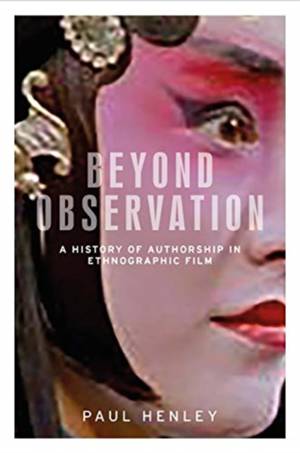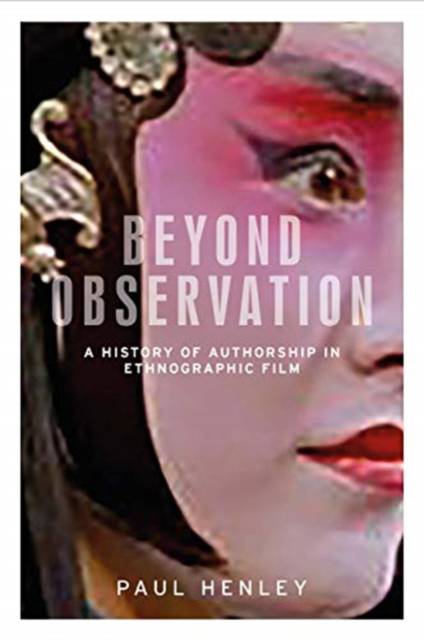
- Afhalen na 1 uur in een winkel met voorraad
- Gratis thuislevering in België vanaf € 30
- Ruim aanbod met 7 miljoen producten
- Afhalen na 1 uur in een winkel met voorraad
- Gratis thuislevering in België vanaf € 30
- Ruim aanbod met 7 miljoen producten
Zoeken
Omschrijving
Beyond Observation is structured by the argument that the 'ethnographicness' of a film should not be determined by the fact that it is about an exotic culture - the popular view - nor because it has apparently not been authored - a long-standing academic view - but rather because it adheres to the norms of ethnographic practice more generally. On these grounds, the book covers a large number of films made in a broad range of styles across a 120-year period, from the Arctic to Africa, from the cities of China to rural Vermont.
Paul Henley discusses films made within reportage, exotic melodrama and travelogue genres in the period before the Second World War, as well as more conventionally ethnographic films made for academic or state-funded educational purposes. The book explores the work of film-makers such as John Marshall, Asen Balikci, Ian Dunlop and Timothy Asch in the post-war period, considering ideas about authorship developed by Jean Rouch, Robert Gardner and Colin Young. It also discusses films authored by indigenous subjects themselves using the new video technology of the 1970s and the ethnographic films that flourished on British television until the 1990s. In the final part of the book, Henley examines the recent work of David and Judith MacDougall and the Harvard Sensory Ethnography Lab, before concluding with an assessmentof a range of films authored in a participatory manner as possible future models. An electronic edition of this book is freely available under a Creative Commons (CC BY-NC-ND) licence.Specificaties
Betrokkenen
- Auteur(s):
- Uitgeverij:
Inhoud
- Aantal bladzijden:
- 568
- Taal:
- Engels
- Reeks:
Eigenschappen
- Productcode (EAN):
- 9781526131362
- Verschijningsdatum:
- 21/01/2020
- Uitvoering:
- Paperback
- Formaat:
- Trade paperback (VS)
- Afmetingen:
- 156 mm x 234 mm
- Gewicht:
- 857 g

Alleen bij Standaard Boekhandel
+ 148 punten op je klantenkaart van Standaard Boekhandel
Beoordelingen
We publiceren alleen reviews die voldoen aan de voorwaarden voor reviews. Bekijk onze voorwaarden voor reviews.







